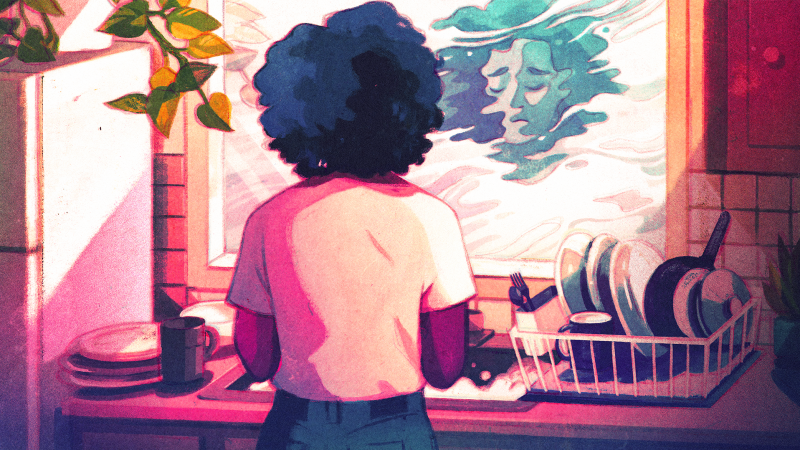When someone close to you dies — maybe a parent, a spouse or a sibling — it's a big loss. Those around you might acknowledge that loss by showing up with food, checking in or maybe sending a card. But what about when a neighbor dies? Or that long-awaited family reunion is cancelled? There's a chance others might not acknowledge or recognize it as a loss — and you may even feel guilty for even feeling this way.
Bereavement expert Kenneth Doka calls this 'disenfranchised grief'. He coined the term in 1989 to capture this feeling of loss that no one seems to understand and that you don't feel entitled to. "Disenfranchised grief refers to a loss that's not openly acknowledged, socially mourned or publicly supported," he says.
Doka says disenfranchised grief doesn't just occur when someone dies — it includes other losses that aren't acknowledged: a pet dying, losing a job or missing out on milestone events like prom or a 50th birthday celebration. "The pandemic of COVID-19 will be followed by a pandemic of complicated grief, because so many losses are disenfranchised," he says.
We spoke with Doka and therapist David Defoe about why it's important to acknowledge, understand, and honor those losses while also adapting to a changed life.
Listen to the full conversation on Life Kit at the top of this page or here.
Know that these types of losses are valid, natural and normal
Some relationships, like an online friend, an ex-spouse or a godparent, aren't the same for everyone. In many Hispanic families, Doka says, godparents are very significant. "We even called godparents 'compadres' and 'comadres,' which literally mean 'to father with' or 'to mother with.' But if a godparent dies, most of society will just shrug it off, 'Well, OK, sorry, but what's the big deal?"



9(MDAxOTAwOTE4MDEyMTkxMDAzNjczZDljZA004))